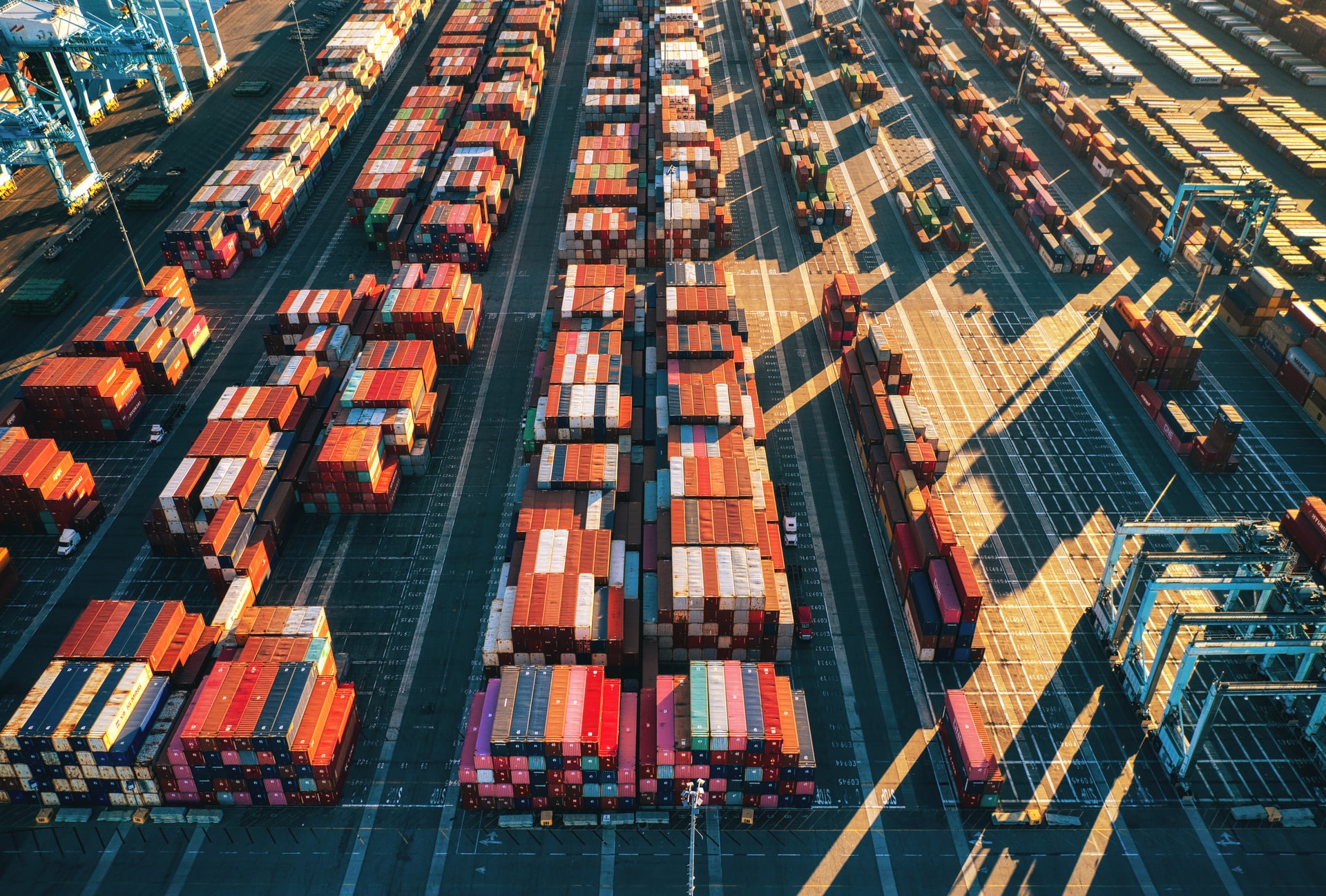Efficient trade logistics is the critical link to effective trade facilitation. Smart containers provide a new landscape of opportunities for tracking and tracing the cargo carried along the transport chain.
Smart containers are shipping containers that are integrated with Internet of Things (IoT) technologies, sensors, GPS tracking, and solar panels.
Smart Container monitoring can be used for numerous purposes by different supply chain stakeholders.
- Transport operators: A container equipped with smart technologies like IoT, and GPS enables the operators to have better visibility. The data generated by smart containers helps the transport operators to have better control of their operations and resources. It also results in the reduction of transport lead time and costs. The availability of reliable information to act on and enhance processes mitigates risks and results in the mastering of operational costs.
- Logistic service providers: The handling operators and fleet managers benefit by obtaining timelier and more accurate information from the data transmitted by the Smart Containers. The compilation, analysis, and reporting of the data from the host systems result in quick prediction of hazards or unanticipated events. It allows better risk mitigation and ensures the consignments are secure.
- Vessel crew: They are responsible to ensure that the internal parameters of refrigerated containers are optimally maintained during the journey. Smart Containers help the crew remotely monitor the internal temperature and humidity.
- Consignors and consignees: The Beneficial Cargo Owner requires complete and timely information about the consignment. The data generated by smart technologies allow them to make the right decisions to optimize their supply chain and monitor the quality of their products. It offers better door-to-door visibility and results in a seamless customs clearance process. This also reduces packaging costs, insurance fees, damage to goods, etc.
- Container owners: The owners need to control the container inventory. This can be done efficiently by employing smart containers. With the help of IoT and blockchain, leasing companies and container owners can generate on-demand reviews to reconcile their container inventory. This leads to the management of the fleet effectively.
- Sea terminal operators: Terminals are the place where the cargo changes transportation modes. Smart Container solutions help the operators to verify the exact location of each container in real-time. The terminal operator also has the responsibility to locate dangerous goods at its terminal. Smart Container technologies feed the terminal operating system with reliable data on the physical position of the container and provide declarative information about its contents.
Though all supply chains are unique, having trustworthy data exchange will bring weaknesses to light and enable the scope for improvement. Smart Containers ensure better risk management, enhance the safety of stakeholders and reduce the negative environmental impact.
The collaboration and coordination among the different stakeholders delineate the responsibilities of each actor and help them to identify bottlenecks that can lead to improvement in the shipping process.
Loginno specializes in IoT-enabled smart devices which help in real-time cargo tracking and monitoring. Get in touch now and set your cargo to sail with confidence!
